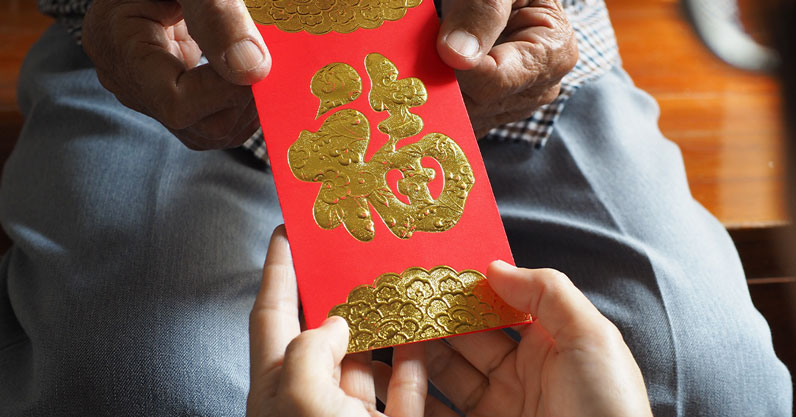4 Financial Tips I Learned From My Chinese Side of the Family
3 min readSince tomorrow is a holiday celebrating Chinese New Year, we’re going to branch off a little from the typical articles we’ve been sharing and get a little personal.

You see, I was born in a multi-cultural household. My Mom’s a Filipina while my Dad used to be a Chinese citizen, but he was born and raised here–eventually becoming a naturalized Filipino. From these two backgrounds, I gained perspective about life. From my Chinese side, most of them are straight up superstition but some are actually insightful and helpful–like these financial tips I’m about to share!
These are just some of the things I can think of from the top of my head, drilled to me by my Chinese uncles, aunties, amahs (grandmas), and angkongs (grandpas) who started from the bottom and overcame odds.
1. Penny saved is a penny earned.
This is probably a universal virtue but I’ve seen my richest Chinese relatives practice this to a tee. They don’t overspend, always keeping things under budget. And when they spend on luxurious items, they always pick the ones that have long-term value or ones that increase in value over time.
Come to think of it, this virtue of frugality has been inculcated in Chinese culture for thousands of years already.
A 2000-year old Chinese literary text titled: é“德經 (Tao Te Ching or “Classic of the Way and Virtue”) mentioned that three of the greatest treasures one can have are love, frugality, and generosity.
2. Save, save, save.
My concept of saving is simple: whatever is left, I save. In percentages, this is roughly 10% of what I make. Apparently, this doesn’t even compare to what some of my Chinese relatives do.
When they save, they save before spending the money they get, setting aside as much as 30% of their earnings. I admit, this is tough. But I better follow their saving philosophy because I can already hear my ancestors seething at the teeth.
3. There’s always a better bargain.
Probably the most stereotypical notion of Chinese culture in terms of finance. But it’s really true and very practical when you think about it.
Sometimes it really surprises me how my Chinese relatives can haggle 30, 40, even 50% off the price tag! According to my aunties, they have a particular outlook when it comes to haggling.
#1 – They refuse to get attached to an item. This makes them better bargain hunters because they can negotiate prices with their mind and not their desire. When they don’t get the offer they want, they walk away without feeling regret. When they do this, sometimes it’s the salespeople that go after them! Very useful tactic!
#2 – They pick the right timing. More often than not, they shop for things they want and need when they’re out-of-season. What this means is they buy for stuff in advance, not while it’s the hot item. Basic idea of supply-and-demand put to work. Wise!
4. Don’t charge, use cash as much as possible. If not, take advantage of your credit card’s rewards or features.
One way my Chinese relatives get good deals all the time is they pay in cash. You see, when you pay in cash, most shops can actually offer you more discounts without giving up some freebies. And let me tell you: we love our freebies, no matter how well-off we are in life.
Some old school Chinese folks really take it up a notch and don’t use credit card to incur any kind of debt because they believe debt is “bad luck” or “malas”. However, when you pay your credit card dues on time, you don’t have to be in debt, and it might actually be more advantageous for you in the long run.
One of my angkongs (grandpa) went on a trip to Japan a few years ago with their tickets and lodging paid for by the rewards points they accumulated with their credit card. They only had to pay for their living expenses and “pasalubongs”. Imagine getting a free vacation just because you know how to use your credit card right.
I hope these tips can help you in welcoming the Year of the Metal Ox! Especially now that most of us are in a pinch because of the pandemic, money-wise.
Do you have some that you can share? Like eCompareMo.com’s Facebook page and follow eCompareMo on Instagram then post a comment on our Chinese New Year post!